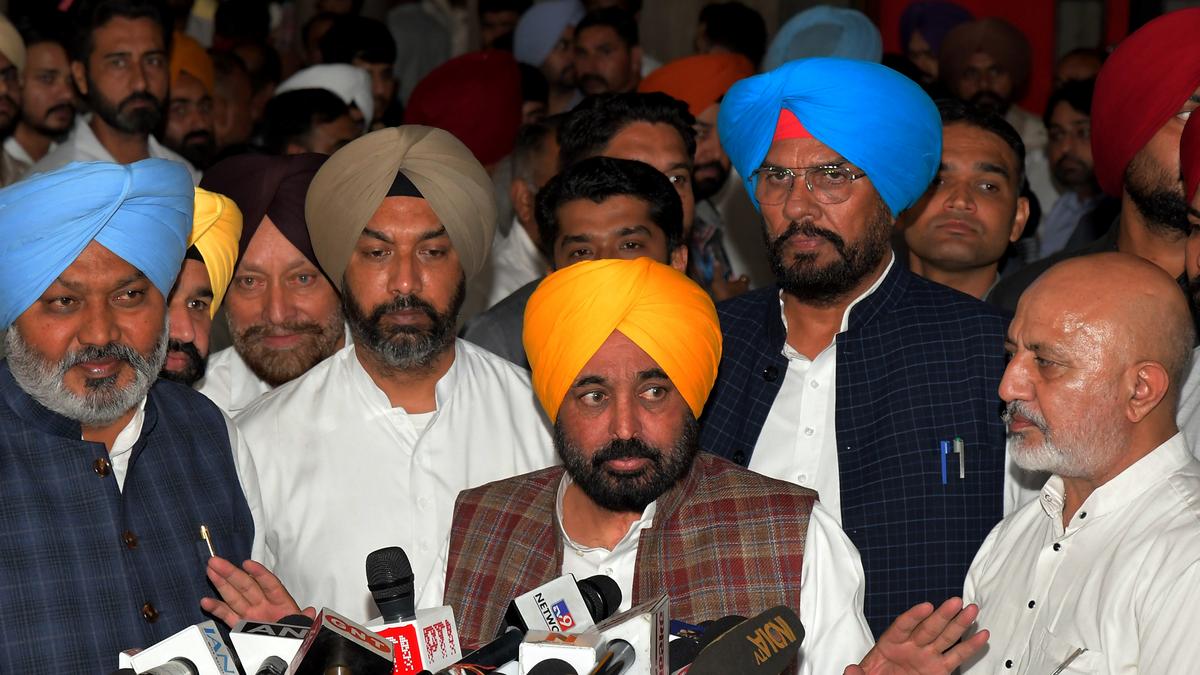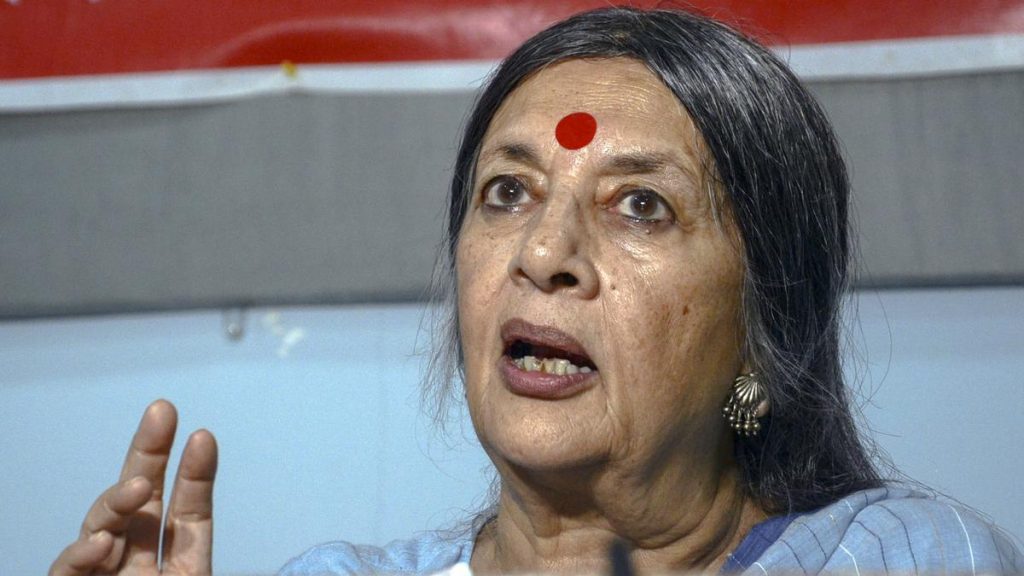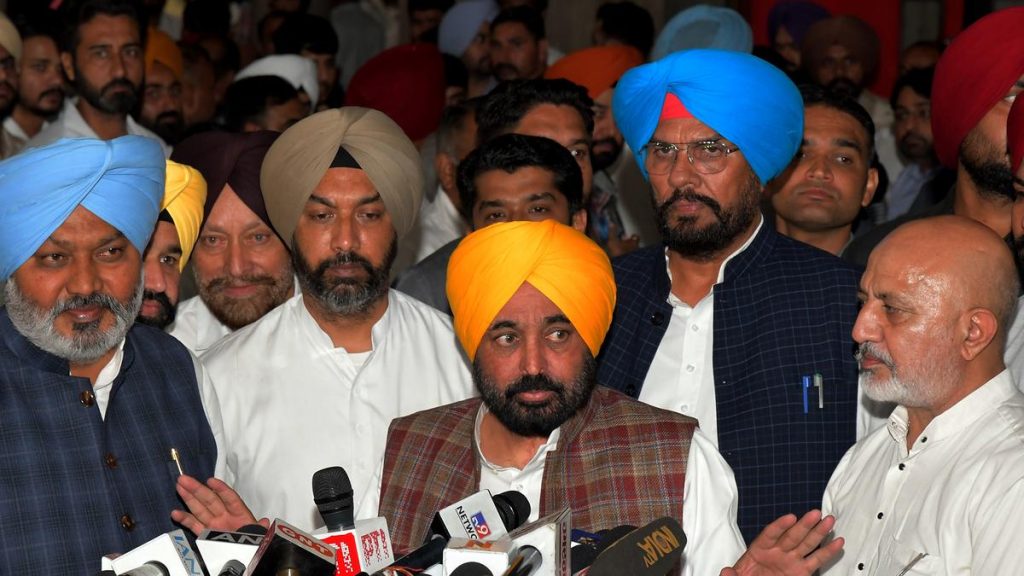Now Reading: Punjab HC Seeks Clarity on Land Pooling Policy
-
01
Punjab HC Seeks Clarity on Land Pooling Policy
Punjab HC Seeks Clarity on Land Pooling Policy

Rapid Summary
- Policy Context: Punjab’s Land Pooling Policy, 2025, introduced in june, has been challenged in the Punjab and haryana High Court.
- Court Directives: The High Court directed the Punjab government to clarify whether an Environmental Impact Assessment (EIA) had been conducted prior to notifying the policy. It asked if provisions exist for rehabilitating landless labourers and others dependent on the land.
- Petitioner’s Concerns: gurdeep Singh Gill,a resident of Ludhiana district owning 6 acres of fertile land included in the policy,argued that no environmental or social impact assessments were conducted. He also claimed inadequate compensation measures for affected individuals.
- Government’s Response: The Punjab government submitted it would keep the policy on hold until Thursday’s hearing. AAP defended the policy as “farmer-amiable” and accused Opposition parties of spreading “misleading propaganda.”
- Cabinet Approval: In June, the Punjab Cabinet approved the policy with assurances that no land would be forcibly acquired.
Indian Opinion Analysis
The ongoing High Court review underscores key concerns surrounding large-scale public policies like land pooling. Environmental and social impact assessments are crucial to balance economic progress with sustainability and fairness for vulnerable communities reliant on agricultural livelihoods. The petitioner raised valid points about compensation gaps that could disproportionately affect small farmers and labourers who rely on such lands.
While AAP describes this initiative as “farmer-friendly,” backlash from stakeholders suggests mistrust in implementation or perceived inadequacies in addressing socio-environmental impacts-key aspects mandated under India’s acquisition laws since 2013. This judicial intervention provides an possibility for policymakers to refine procedures critical to ensuring inclusive development while minimizing discontent among affected populations.
For more details visit The Hindu.

























